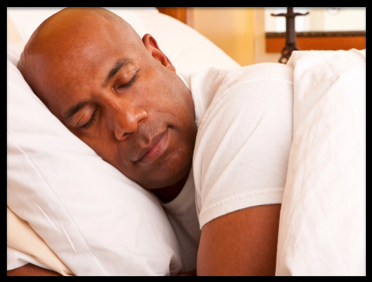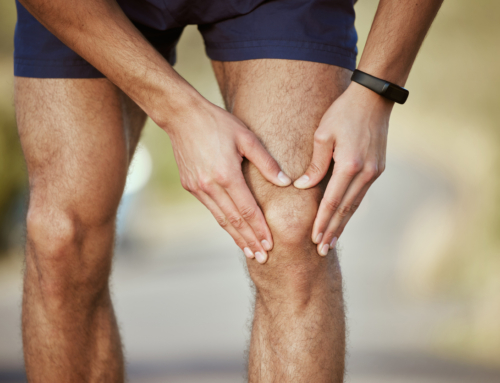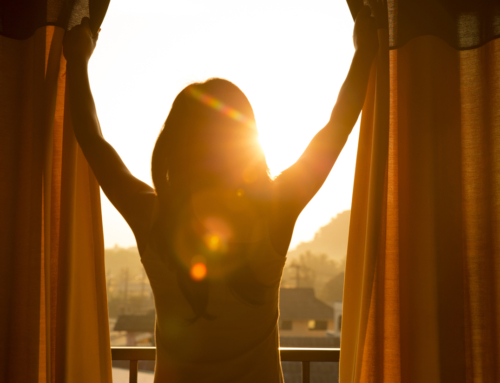by Daniel Lucas
Sleepology 101
There is a good reason why three scientists won the 2017 Nobel Prize in Medicine for their research on circadian rhythms in sleep. It’s because sleep is a big deal! It is absolutely vital to preventing disease, maintaining a strong immune system, building quality energy, and ensuring longevity. These scientists found, not surprisingly, that as humans our biological clocks have been set for thousands of years. They used fruit flies to demonstrate that our circadian rhythms are deeply embedded on a genetic cellular level. Our bodies know that we are basically meant to sleep when night comes and rise with the sun.
But what happens when we mess with those deeply embedded bio-rhythms? In this digital age, with a bright screen in every room (and in every pocket), how many of us actually stick to our natural sleep cycles? Have our natural circadian rhythms been completely altered?
This observation from scientists at Harvard Medical School is telling:
“The cost of poor sleep is much greater than people think; it may have profound consequences for our long term health.”
Chronic disease, obesity increased rates of cortisol and insulin and even heart disease can stem from poor sleep.
At Nimble Fitness we believe in the importance of approaching better sleep as an essential health practice.
It can be challenging for many of us to practice better sleep habits, so be cognizant that it might take a little time to get the results you desire.
We may not have any Nobel Prize winners here at Nimble, but we can sure help you improve your sleep!
NIMBLE’S TOP TIPS FOR BETTER SLEEP HABITS
- Have a regular sleep cycle: Going to bed a 10pm and waking up at 6am is an ideal sleep cycle because of its flow with the sun and the moon. Being consistent with when you fall asleep and wake up will help you get a good night’s sleep.
- Managing stress levels: Stress may be the leading cause of terrible sleep. Learning what techniques are best for you to de-stress can be a game changer.
- Cut the stimulants! Some of us have a poor functioning liver enzyme that metabolizes caffeine. If you are that person you might be waking up throughout the night because of that one cup of coffee. Keep caffeine intake to a minimum and cut off consumption before Noon for best nighttime sleep conditions.
- Un-plug & sleep proof: Turning off the stimulating news, computer, phone, and other electronic gadgets can help with allowing your body to calm down at night and prepare for sleep. Assess the temperature, light, bedding, bed, and electrical energy in your bedroom. Your bedroom should have blackout shades and be as dark as possible.
- Invite homeostasis: An active state of homeostasis is linked to hormonal balance and vice versa. Having an exercise program helps promote being in homeostasis and in term assists is with getting good sleep—though not too close to bed time!
- Warm shower: Taking a warm shower can help stimulate your parasympathetic system, which is your rest, and digest system. These signals can set your body up for a quality nights sleep.
There are plenty of other tips you can find for getting a good nights sleep but the biggest thing you can do is take action and start figuring out what is best for you and then be consistent.





